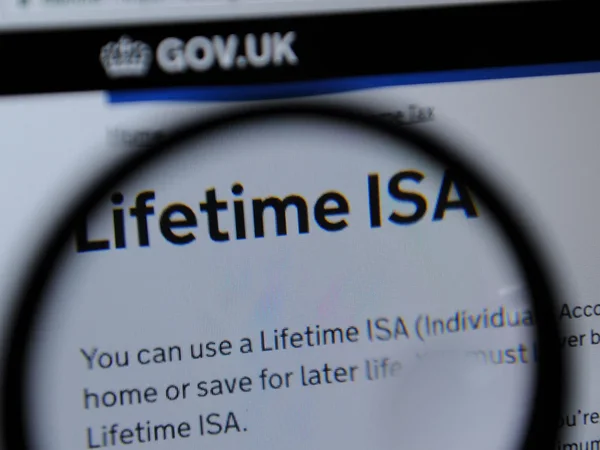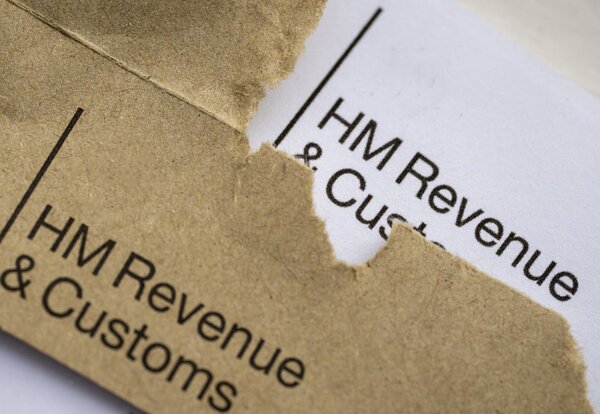Let’s Talk Before It’s Too Late
When you think about leaving something behind for your loved ones, you probably don’t picture 40% of it going straight to the taxman.
But that’s exactly what can happen if you don’t plan ahead. Inheritance tax is one of the highest taxes in the UK—and with property prices rising, it’s no longer just a “rich person’s problem.” More and more ordinary families are getting caught out every year.
The good news? With the right planning, you can cut down—or even wipe out—your inheritance tax bill. It’s all about making smart moves now, so your children and grandchildren benefit later.
In this guide, we’ll show you how to protect more of what you’ve worked hard for.
Let’s dive in!
What exactly does "avoiding inheritance tax" mean?
Let’s be crystal clear – we’re talking about legal tax planning, not dodgy tax evasion. Avoiding inheritance tax means using legitimate strategies approved by HMRC to reduce the amount of tax due on your estate when you die.
Everyone has a tax-free allowance (called the nil-rate band) of £325,000, with anything above this taxed at the standard inheritance tax rate of 40%, unless you’ve planned ahead using the strategies outlined here.
If you own your home and leave it to direct descendants, you get an extra allowance of £175,000, potentially taking your total to £500,000. Married couples can combine these allowances, potentially creating a £1 million tax-free threshold.
Even with these allowances, many family homes now exceed these values. That’s why smart planning matters to ensure more of your hard-earned money reaches your loved ones.

How can giving gifts help reduce your inheritance tax bill?
One of the simplest ways to reduce inheritance tax is to give away assets during your lifetime. If you survive for 7 years after making a gift, it becomes completely free of inheritance tax, known as a potentially exempt transfer.
You can also give away £3,000 each tax year as part of your annual exemption, which is immediately free of inheritance tax. If you didn’t use your annual exemption in the previous tax year, you can carry it forward, allowing for potentially greater tax-free gifting. Additionally, small gifts of up to £250 per person to as many people as you wish are also tax-free, perfect for Christmas and birthday presents.
I’ve seen this work effectively in my own family. My grandmother began gifting each grandchild £3,000 annually from her 70th birthday, reducing her estate while helping us with university costs and house deposits over the years.
Can trusts help protect your assets from inheritance tax?
Trusts can be a powerful tool in your inheritance tax planning toolkit. Trusts can also involve chargeable lifetime transfers, which may incur an immediate 20% inheritance tax charge if the amount exceeds £325,000. A life insurance policy placed in trust won’t form part of your estate, meaning the payout goes directly to your loved ones without any inheritance tax.
Discretionary trusts give you flexibility over how and when beneficiaries receive assets, while potentially reducing tax. Loan trusts allow you to access your capital if needed, while any growth on the assets happens outside your estate.
Discounted gift trusts can provide you with a regular income while immediately reducing the net value of your estate for inheritance tax. However, trusts can be complex, so getting professional advice is essential to ensure they’re set up correctly.

Using the Spouse Exemption
If you’re married or in a civil partnership, you can pass on your entire estate to your spouse or civil partner without incurring inheritance tax. This is known as the spouse exemption, and it allows you to avoid paying inheritance tax on the transfer of assets to your spouse or civil partner.
This exemption is a powerful tool in inheritance tax planning, allowing couples to transfer wealth without the burden of tax. It’s essential to incorporate this strategy into your overall financial planning to maximize the benefits for your family.
Life Insurance and Inheritance Tax
Life insurance can be a valuable tool in covering the cost of inheritance tax, ensuring that your beneficiaries don’t face a large tax bill when you pass away. By taking out a life insurance policy, you can provide a lump sum to cover the inheritance tax liability, allowing your beneficiaries to receive the full value of your estate.
However, it’s essential to consider the tax implications of life insurance when planning your estate. If the payout from the policy is not written in trust, it may be subject to inheritance tax, which could reduce the amount your beneficiaries receive. By writing the life insurance policy in trust, you can ensure that the payout is not included in your estate for inheritance tax purposes. This reduces your inheritance tax liability and provides more for your beneficiaries.
Incorporating life insurance into your inheritance tax planning can offer peace of mind, knowing that your loved ones will be financially protected and won’t have to sell assets quickly to cover a tax bill.

What practical steps should you take right now?
Start by writing a valid will that makes the most of available tax allowances. Without one, your estate might not be distributed tax-efficiently and could result in unnecessary tax charges.
Review your pension arrangements regularly. Pensions can often be passed on to beneficiaries outside of your estate, making them valuable inheritance tax planning tools that are frequently overlooked.
Keep clear records of all gifts you make, including dates, amounts, and recipients. This makes things much easier for your executors and helps ensure your tax planning works as intended. Remember to carry any unused annual exemption forward to the next tax year to maximize your tax-free gifting.
Calculate your potential inheritance tax liability regularly as your circumstances change, ensuring you understand the taxable estate and can implement strategies effectively.
Consider taking out life insurance to cover any inheritance tax bill. This can be a cost-effective way to protect your estate if you’re in good health, ensuring your beneficiaries don’t need to sell assets quickly.
How might future rule changes affect your plans?
Inheritance tax rules change frequently, so flexibility in your planning is key. Political shifts can dramatically alter exemptions and allowances, sometimes for better, sometimes for worse, impacting your potential IHT liability.
The residence nil-rate band is relatively new and has already been tweaked several times. That’s why regular reviews with a professional adviser are so important to ensure your strategy remains optimal.
Stay informed about Budget announcements and tax consultations that might signal future changes. Being proactive allows you to adapt your plans before new rules take effect.

Final Words on how to avoid Inheritance Tax
Good inheritance tax planning isn’t a one-off job—it’s an ongoing process. The earlier you start, the more choices you’ll have, and the easier it will be to put powerful strategies in place. Some of the best tax-saving moves need years to really pay off.The great news? Even simple steps can make a real difference in how much of your estate reaches your loved ones. Inheritance tax planning should be part of your bigger financial picture—not something you leave until the last minute.
And if you’re managing your own tax affairs, pie.tax is here to help. It’s the UK’s first personal tax app, giving you real-time tax figures, smart bookkeeping, and expert advice—all in one place. With pie.tax, planning your future (and protecting your legacy) has never been easier.
Take action now. Your family will thank you—and you’ll have peace of mind knowing more of your hard-earned wealth stays exactly where it belongs.











